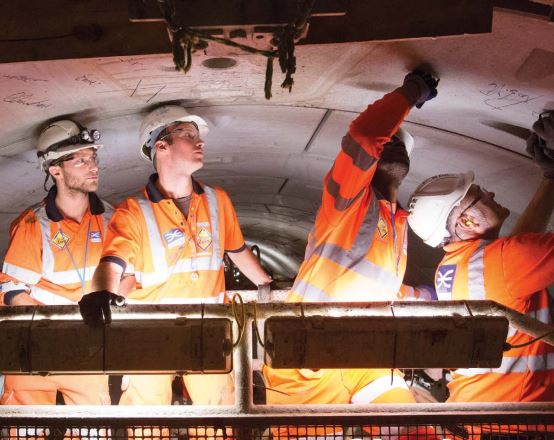Global firms are failing to prioritise environmental, social and governance risks, creating risky gaps in their evaluation and mitigation of the mounting hazards, according to research published today by Marsh
The risk advisory says that businesses listed on Euronext are the most concerned about ESG exposures, with 90% of the sample citing ESG risk as a key priority in their annual reports. Of the New York Stock Exchange companies sampled, 35% cited ESG as a top risk, followed by 30% for those on the Hong Kong Stock Exchange. Just one-fifth (21%) of FTSE100-listed companies viewed ESG as a principal risk in their annual reports.
While nearly all organisations sampled mentioned environmental risk in the principal risk sections of their annual reports, social responsibility mentions were low overall – pointing to a concentration across all exchanges on the environmental aspect of ESG evaluation.
The research also found that less than one-third (30%) of the FTSE100 sample showed evidence of standalone reporting on climate change risk in line with the Task Force on Climate-related Financial Disclosures, which advocates making 11 recommended disclosures around four core elements of climate-related risks.
From April 2022, TCFD disclosure will be mandatory in the UK for the 1,300 largest UK-registered companies – including traded companies and private organisations – with over 500 employees and £500m in turnover.
David Stark, global leader, enterprise risk management, Marsh, commented: “Growing public and investor consciousness around ESG issues means boards are increasingly required to devote more time and resources to the management of the social and governance facets of ESG risk.
“By taking a more proactive approach at board level, organisations can seize the opportunity to improve their risk management around ESG, gain wider access to capital and better meet investors’ expectations. Alternatively, they run the risk of having third parties estimating their ESG and climate change exposures, which could have financial and reputational implications in the longer term.”
Printed Copy:
Would you also like to receive CIR Magazine in print?
Data Use:
We will also send you our free daily email newsletters and other relevant communications, which you can opt out of at any time. Thank you.











YOU MIGHT ALSO LIKE